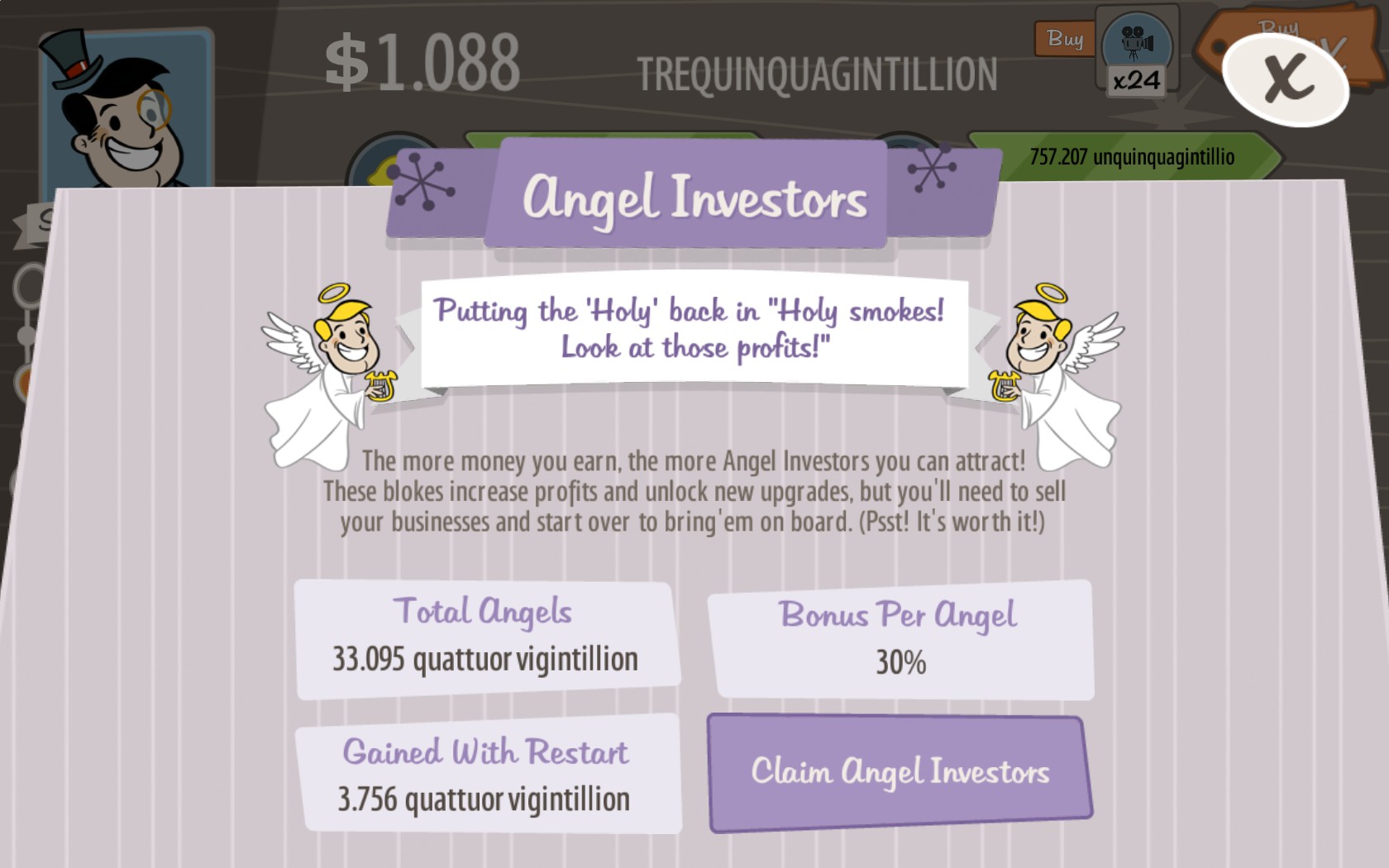

Multiple cities: Cities can ship things to each other but at a high cost.However, the game seems to always have at least 1 of each resource on the map oil, ore, timber, etc.) has a finite amount and will run out, making that business useless. Resource limits: Each primary resource that you dig up (e.g.Worker experience: The more training and experience your workers have, the more output can be achieved.You can also buy/sell research levels with your competitors.

R&D: You can build research and development centers, which are required to develop better quality goods.Condos: You can buy and build condos to earn rent money.You can buy media outlets and run them yourself Advertising: You can advertise on radio, newspaper, and TV.Stock price: You can buy/sell stock of your own and other companies and subsequently merge with them.Consequently, it is typically difficult to enter an established market without a better product and lower price.Īdding to the gameplay, there are many other aspects of the business to consider: These three factors determine demand for the product and can be affected by R&D, price level and advertising consumer loyalty, respectively. Goods are primarily judged on 3 criteria: quality, price, and brand. Furthermore the intermediary products must also be supplied, so opening a grocery store is useless if there are no farms to supply it and similarly, farms are useless if there are no bakeries/supermarkets to purchase the produce/livestock. He can even force out his competitors if he controls a monopoly on a resource.ĭozens of finished goods can be made from food stuffs (chicken, eggs, cakes, cookies, etc.) to electronics (TVs, radios, consoles, PCs) to automotive (motorcycles, cars) to cosmetic (perfume, eyeshadow) and more. This can be useful if the player has access to higher quality 'ingredients' (via research or good farm location) that he wants to deny his competitors. The player can also set his business to sell only to his own companies, thereby denying his competitors a supplier. Products can be sold to other businesses the player owns as well as to competitors. a single farm can product pork, chicken, and lamb, depending on the layout). Facilities are fairly generic and can produce multiple products (e.g. Most businesses need a layout (abstracted as a 3x3 grid with links connecting the different parts like production, packaging, and sales) to start producing and selling products. Or he can build a supermarket and buy chickens and eggs from NPCs' farms. For example, he can build a farm, raise chickens and eggs and sell those to NPCs' supermarkets. He can buy or build almost any business and control many aspects of it. The player has many options in Capitalism 2. Capitalism 2 allows you to control everything from purchasing, importing, mining, manufacturing, marketing, retailing, research & development and more so you can create the mega-corporation of your dreams.


 0 kommentar(er)
0 kommentar(er)
